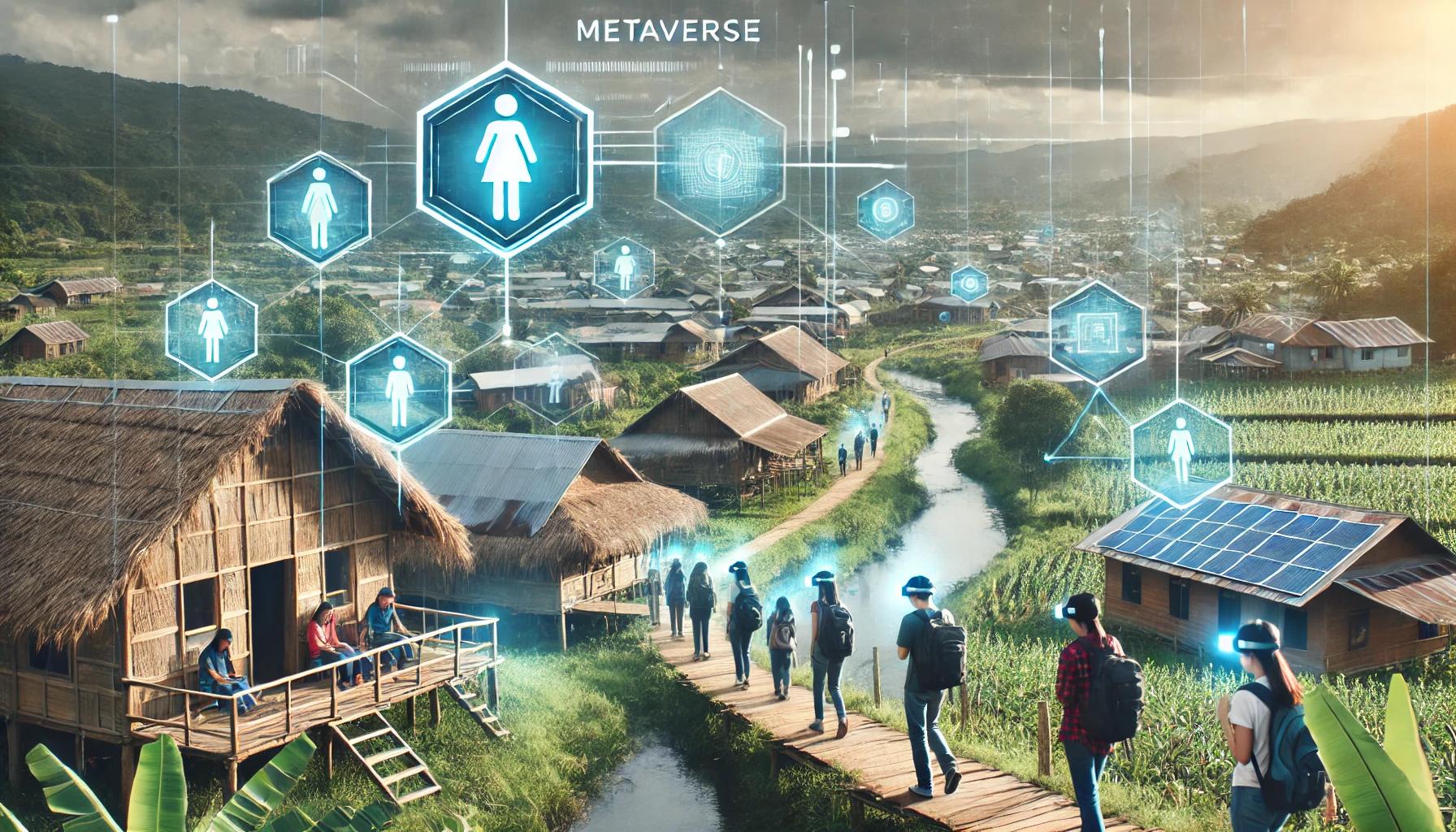An EU-funded project, AIOLIA, is examining how Europe’s approach to trustworthy AI can be applied in practice. Principles such as transparency and accountability are embedded in the AI Act’s binding rules. Turning those principles into design choices remains difficult.
The project focuses on closing that gap by analysing how AI ethics is applied in real systems. Its work supports the implementation of AI Act requirements beyond legal text. Lessons are translated into practical training.
Project coordinator Alexei Grinbaum argues that ethical principles vary widely by context. Engineers are expected to follow them, but implications differ across systems. Bridging the gap requires concrete examples.
AIOLIA analyses ten use cases across multiple domains involving professionals and citizens. The project examines how organisations operationalise ethics under regulatory and organisational constraints. Findings highlight transferable practices without a single model.
Training is central to the initiative, particularly for EU ethics evaluators and researchers working under the AI Act framework. As AI becomes more persuasive, risks around manipulation grow. AIOLIA aims to align ethical language with daily decisions.
Would you like to learn more about AI, tech, and digital diplomacy? If so, ask our Diplo chatbot!










